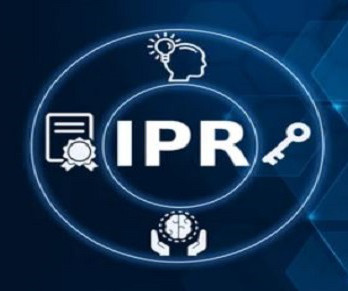Role of Intellectual Property in Entertainment Industry
IIPRD
FEBRUARY 6, 2024
We will examine the fundamental ideas and rules of copyright, trademark, and patent laws as well as how they relate to various entertainment business sectors in this extensive book. By 2030, it’s anticipated that the media and entertainment sector in India will generate $100 billion in revenue.













Let's personalize your content